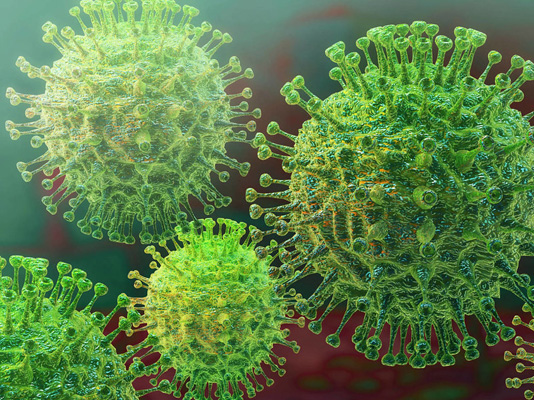The number of confirmed Covid-19 cases continues to rise in Bangladesh as health authorities detected 1,908 new cases across the country in 24 hours until Saturday, taking the total to 460,619.
Besides, 36 more patients lost lives to Covid-19 in the period, raising the death toll to 6,580. The death rate stood at 1.43 percent, said the Directorate General of Health Services.
So far, 357,885 patients – 80.60 percent — including 2,209 new ones in the last 24 hours have recovered.
Bangladesh reported its first cases on March 8. The infection number reached the 300,000-mark on August 26. The first death was reported on March 18 and the death toll exceeded 6,000 on November 4.
Until now, 2,743,592 tests have been carried out, including 14,012 new ones, and 16.79 percent of the patients turned out to be positive. Bangladesh is seeing 2704.65 infections, 2207.11 recoveries, and 38.64 deaths per million.
Global Situation
As the whole world is grappling with the Covid-19 pandemic, the number of confirmed coronavirus cases rose to 61,585,651on Saturday, according to the data compiled by John Hopkins University (JHU). Besides, 1,441, 875 people have died so far from the virus infection, the data showed.
Coronavirus is affecting 191 countries and territories around the world since the first cases were reported in China in December last year.
The US has reported 13,086,367 cases since the start of the pandemic while the death toll from the virus jumped to 264,842 as of Saturday.
Los Angeles County announced a new stay-home order Friday as coronavirus cases surged out of control in the nation’s most populous county, banning most gatherings but stopping short of a full shutdown on retail stores and other non-essential businesses, reports AP.
The three-week “safer at home” order takes effect Monday. It came as the county of 10 million residents confirmed 24 new deaths and 4,544 new confirmed cases of COVID-19.
The county had set a threshold for issuing the stay-home order: an average of 4,500 cases a day over a five-day period, but hadn’t expected to reach that level until next month.
By far, the United States remains the nation worst hit by the pandemic, with the world’s most cases and deaths, making up more than 21 percent of the global caseload.
U.S. COVID-19 cases hit 10 million on Nov. 9, and have since then increased at a pace of 1 million more cases about six days on average.
Thursday marked the 25th consecutive day that the U.S. daily cases reported more than 100,000 since the beginning of November. Brazil on Friday reported 514 more deaths from COVID-19, raising its total death toll to 171,974.
According to the Ministry of Health, tests detected 34,130 new cases, pushing the accumulated caseload to 6,238,350.
Brazil has the world’s second-highest COVID-19 death toll, after the United States, and the third largest caseload, next to the United States and India.
India is the third-worst affected country with 135,715 deaths and 9,309,787 confirmed cases. WHO chief emphasises on testing although vaccines are developed
Tedros Adhanom Gheybreyesus, the head of the World Health Organization (WHO) on Friday said testing will still be a critical tool against COVID-19, even as vaccines are deployed against the disease.
The WHO chief also emphasized on how testing has been common among countries which have worked to control the virus, during his regular briefing on the crisis, reports UN news.
“As vaccines are rolled out, testing will continue to play a vital role”, he said.
“Initially, health workers, older people and other at-risk groups will be prioritised for vaccination. That will still leave the virus with a lot of room to move, and testing will remain a vital tool for controlling the pandemic.”
However, Tedros stressed that though vital, testing is only part of the strategy against COVID-19.
“Testing is the spotlight that shows where the virus is. Investments in testing must be matched by investments in isolation facilities, clinical care, protecting health workers, contact tracing, cluster investigation and supported quarantine”, he stated.
source: UNB




